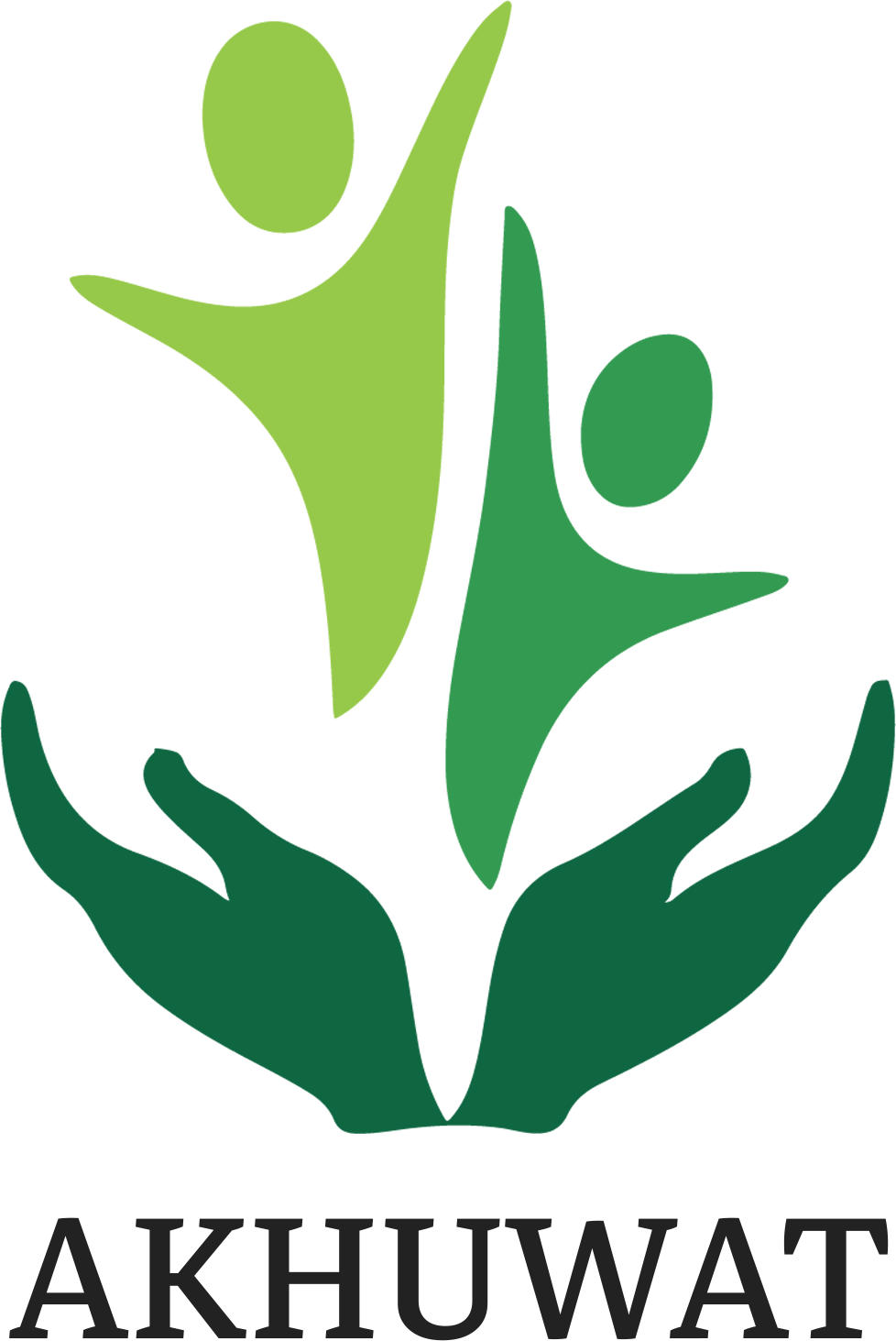Promoting Financial Inclusion through Islamic MicroFinance
Financial inclusion means including the segments of the society in the pool of accessing financial services like banking. One way to do it is through microfinancing the poor to enable them access the financial tools to enable them in generating income to support their families, educate their children, and make savings for their future. Slowly but eventually this will lead to income parity resulting in a shrunk poverty group. The primary goal of financial inclusion is to eradicate poverty.
There is a definite way to catalyze the process of financial independence of the marginalized segments of a community: Financial inclusion through Microfinancing it is!
Microfinancing is a powerful poverty-alleviating strategy that identifies the low-income groups to provide them with capital in the form of microcredits, savings accounts, money transfers, and insurance. This paves the way for financial inclusion as the borrowers need to enter the banking loops for receiving their loans and exercising money transfers.
Significance of Financial Inclusion
Financial inclusion is essential for improving the poor living conditions of low-income people like farmers, rural non-farm enterprises, and other vulnerable groups. They lack access to credit/loans to finance their small-scale businesses to generate respectable streams of income. It is necessary to bridge this gap between the banking services and the poor. To make it possible, the role of microfinance institutions is crucial.
The world bank mentions a total of 1.7 billion of the world’s population is marked as ‘un-banked’, which clearly lets us conclude that this much number of individuals don’t have access to basic financial services like having a bank account. This means their inability to use these financial services can hinder their path to achieving financial independence.
Empowered Individuals & Accelerated Economic Development
How will the financial health of the poor and deprived impact the growth of the country? Through financial inclusion, inclusive growth is possible! It initially empowers the marginalized poor segments and later leads to the growth and development of the whole economy.
Usually, poor people lack the investment to educate their children as they are busy focusing on bringing food to their tables. People who do not have access to credit to fuel their micro-entrepreneurial journeys, unfortunately, mostly choose a job that doesn’t match their true potential. Imagine these hurdles being broken down and the paths to accessing financial services being paved. The children of the poor will get education and small businessmen will prosper. Income equality and accelerated economic growth will be the aftermath. Let’s dig down into the operational sphere of financial inclusion. It enables the poor in:
- Saving a chunk for retirement
- Emergency funds
- Achieving loans to kickstart the business
- Education funding for their children
Hence,
Through financial inclusion mechanisms, for example, business or agricultural loans, the poor are equally equipped with the opportunity to meet their financial needs leading to their successful escape from the poverty lasso. The rising numerics of financially included people will promise an economically developed country. In this context, let’s unfold the stats from Pakistan.
In Pakistan, the level of financial inclusion is quite low. According to the ‘ Access to Finance Survey’ conducted by the World Bank* in 2007-8, around 53% of the Pakistani population has no access to financial services, both formal and informal, out of the remaining 47%, only 23% have access to formal fin-services and the remaining are depending upon informal ones. Among many, there is an institution that has carried the onus of dragging out Pakistan from the quagmire of poverty: Akhuwat Islamic Microfinance it is!
Akhuwat Islamic Microfinance: Paving Way for Financial Inclusion
An Islamic Microfinance (like Akhuwat Islamic Microfinance) institution primarily focuses on the provision of small working capital interest-free loans or microloans to low-income individuals to expedite their financial streams while including them in traditional banking- hence, promising financial inclusion for all. Akhuwat Islamic Microfinance classifies its interest-free loan program to cater to a variety of borrowers who are in need of financial assistance.
There are agricultural loans for farmers, family enterprise loans for establishing a new business, and housing loans to construct or renovate houses to make them liveable. All these loans provided by Akhuwat to the needy poor are interest-free and involve bank transactions. This is how microfinancing in an Islamic way is oozing double the benefits of promoting financial inclusion while helping the have-nots.
* Source: Access to Finance Survey conducted by WB/DFID/SDC/PMN/SBP 2007–‐ 08.


